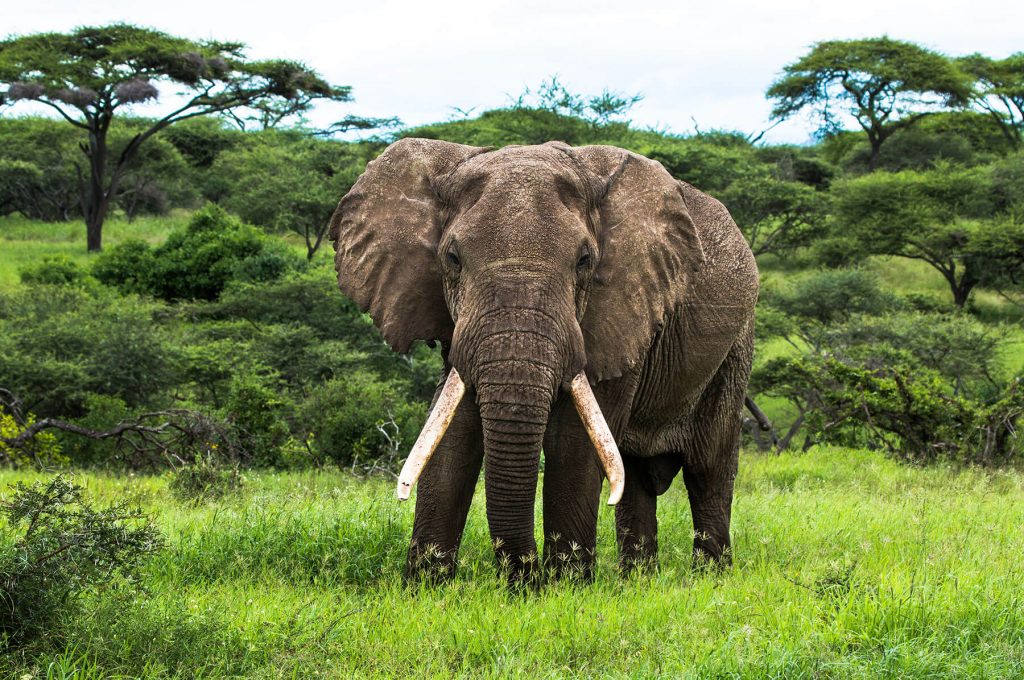Kenya is a popular destination in Africa for ecotourism, which The International Ecotourism Society, or TIES, defines as “responsible travel to natural areas that conserves the environment and improves the well-being of local people.” Ecotourism in Kenya is fueled by public and private initiatives that revolve around the country’s rich wildlife.
Kenya owes its status as an eco – destination to its fauna, which includes a group of mammals known as the “Big Five” elephant, rhinoceros, buffalo, lion and leopard. Kenya is also home to approximately 11 percent of the world’s avian species.
These and other animals can be seen in the country’s 54 national parks and reserves, as well as an increasing number of private and community-owned ranches and sanctuaries. Therefore, for any tourist looking for eco tours in Africa look no further but going to Kenya. Though some of Kenya parks (Maasai Mara) receives much tourists every year still the park remains sustainable and with the various conservation organizations in Kenya and tour operators like Eco Tours Kenya and more others with the Kenya Wildlife Service Authority creates conservation awareness.
Kenya’s seven habitats Savannah, beaches, forests, mountains, sanctuaries, deserts, coral reefs and river deltas, lodges and camps also help draw the more than 500,000 tourists who visit every year and the main even t that brings tourists it is the great wildebeest migration photography experience.
Kenya’s natural attractions allow for enriching, nature-based recreation, such as game-viewing safaris and bird watching, which supports conservation efforts and the well-being of surrounding communities. Aquatic activities are also available on Kenya’s eastern coast.
Every year, from February to April, scientists tag whale sharks, the biggest known species of fish, to track them via satellite. The East African Whale Shark Trust organizes trips for tourists to dive and snorkel with scientists in the Indian Ocean to observe the process, which helps raise awareness about the species.
Kenya also offers a number of athletic activities that are aligned with the country’s ecotourism ethos. For example, the Lewa Wildlife Conservancy, a privately owned ranch and rhinoceros conservation area, hosts a marathon every year meant to raise funds for the conservation of the species that live in the area.
Tourists visiting Kenya have endless several eco-friendly lodges to choose from that conserve water and use sustainable energy sources. Many are collaborations between local communities that provide land and labor and investors that fund and help manage the project and this creates the win-win scenario which is a number one factor fueling the responsible tourism in the world .
An example is Koija Starbeds in the Laikipia region, which is owned by the Koija community and represents a partnership between the community, the African Wildlife Federation and Loisaba Wilderness, a private enterprise. Other safari lodges and exclusive camps are entirely owned by the community hence creating the leveled employment and the community therefore come to respect the natural resources.
Among the most popular is the Il Ngwesi Group Ranch, which was built using local materials and is owned by the local Maasai people. A large percentage of the profits are reinvested in other community projects. Therefore, if you would like to experience some of the projects mentioned kindly book with us and we shall offer you the best on your Kenya safari in 2022.


